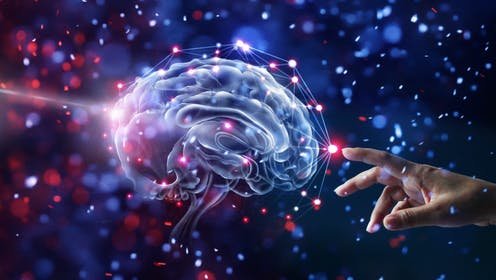
image credit- shutterstock
University of Otago scientists in New Zealand (NZ) have opened the door to improved treatment of brain dysfunction which causes psychosis.
A team of researchers at the Department of Psychology have been working on ways to model schizophrenia symptoms in animal models.
In a study published in the Journal of Psychopharmacology, researchers measured the ability of rats which model a risk factor for schizophrenia to tell the difference between a drug (ketamine) and saline.
“We found that our model was impaired at discriminating the drug from saline only at doses that cause psychosis in humans. We believe this means that the subjective internal state of these models is similar to the state induced in human psychosis", said Dr Ryan Ward from the Department of Psychology.
“This opens up a way to model in non-humans symptoms that were previously thought to be only measurable in humans, such as psychosis. The finding may greatly enhance our ability to pinpoint brain mechanisms of these symptoms and lead to more effective treatments,” he added.
These types of studies open the door for further work in which scientists may be able to identify specific brain dysfunction that produces psychosis, improving future treatments.




